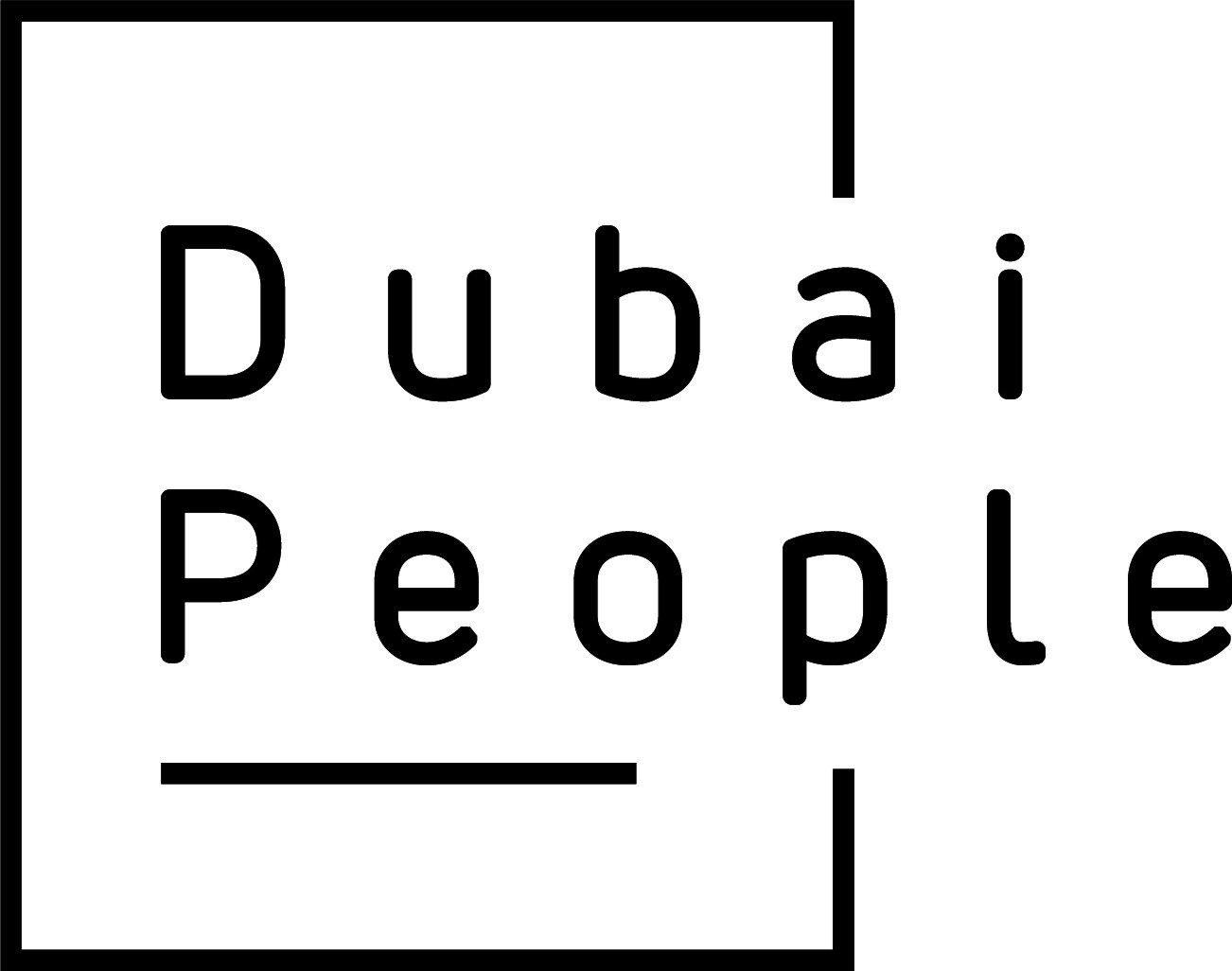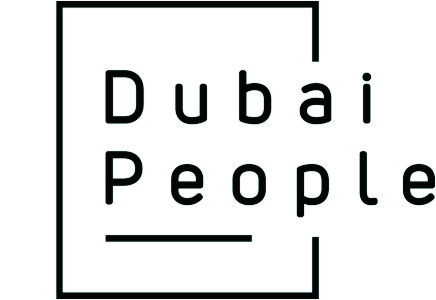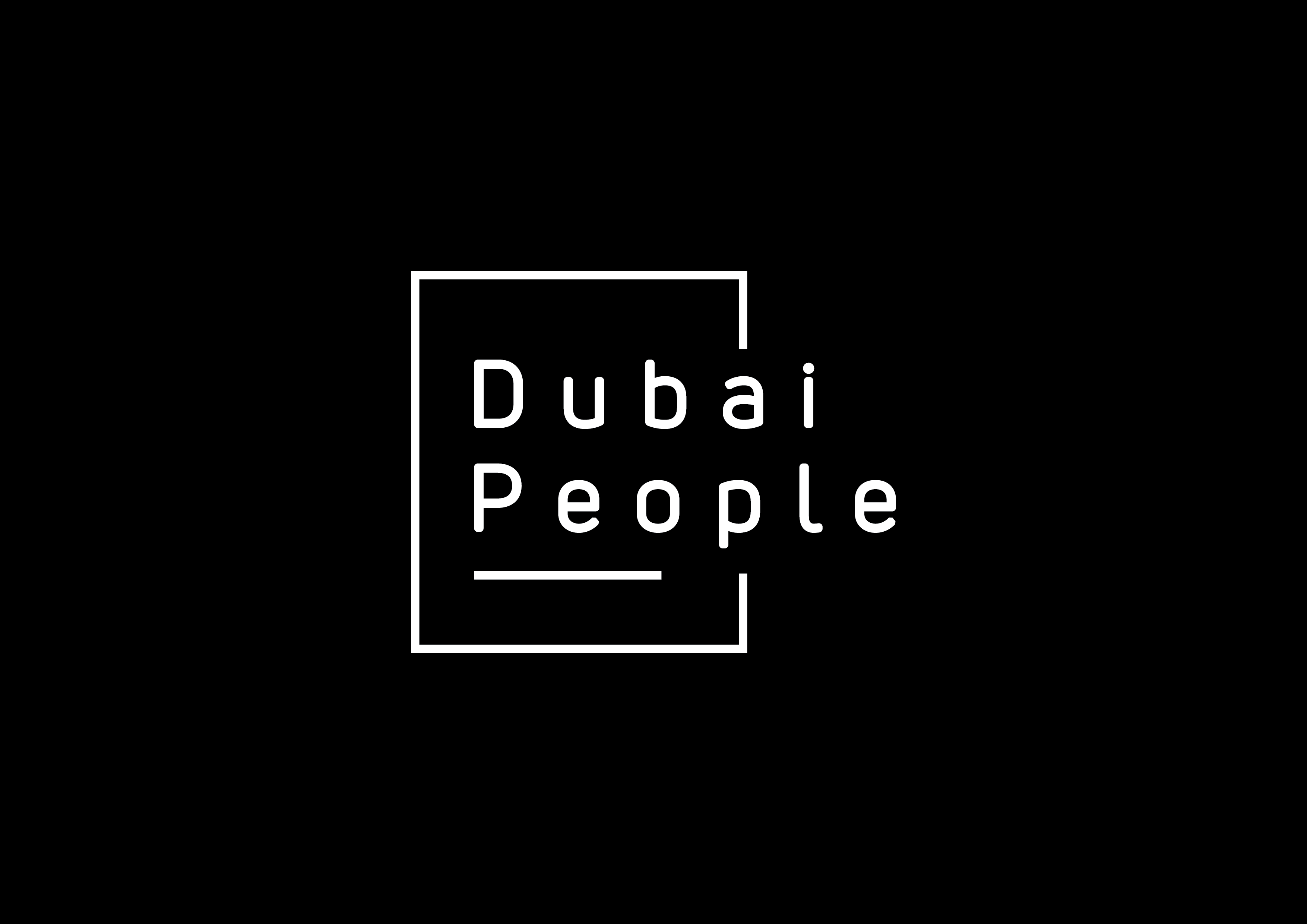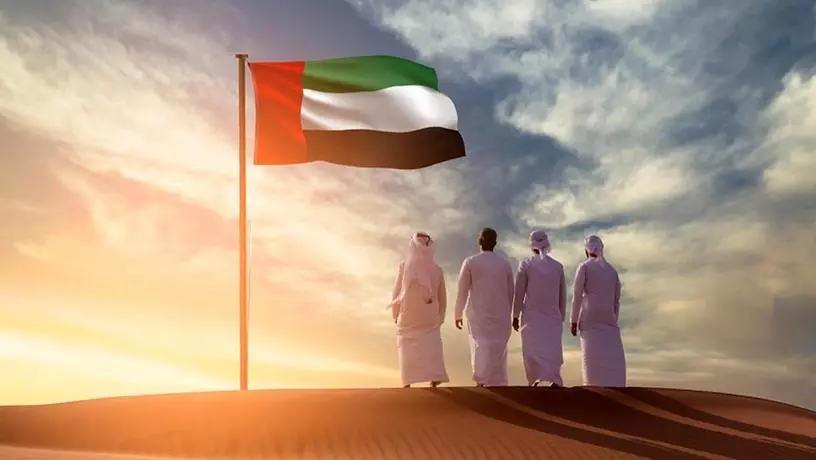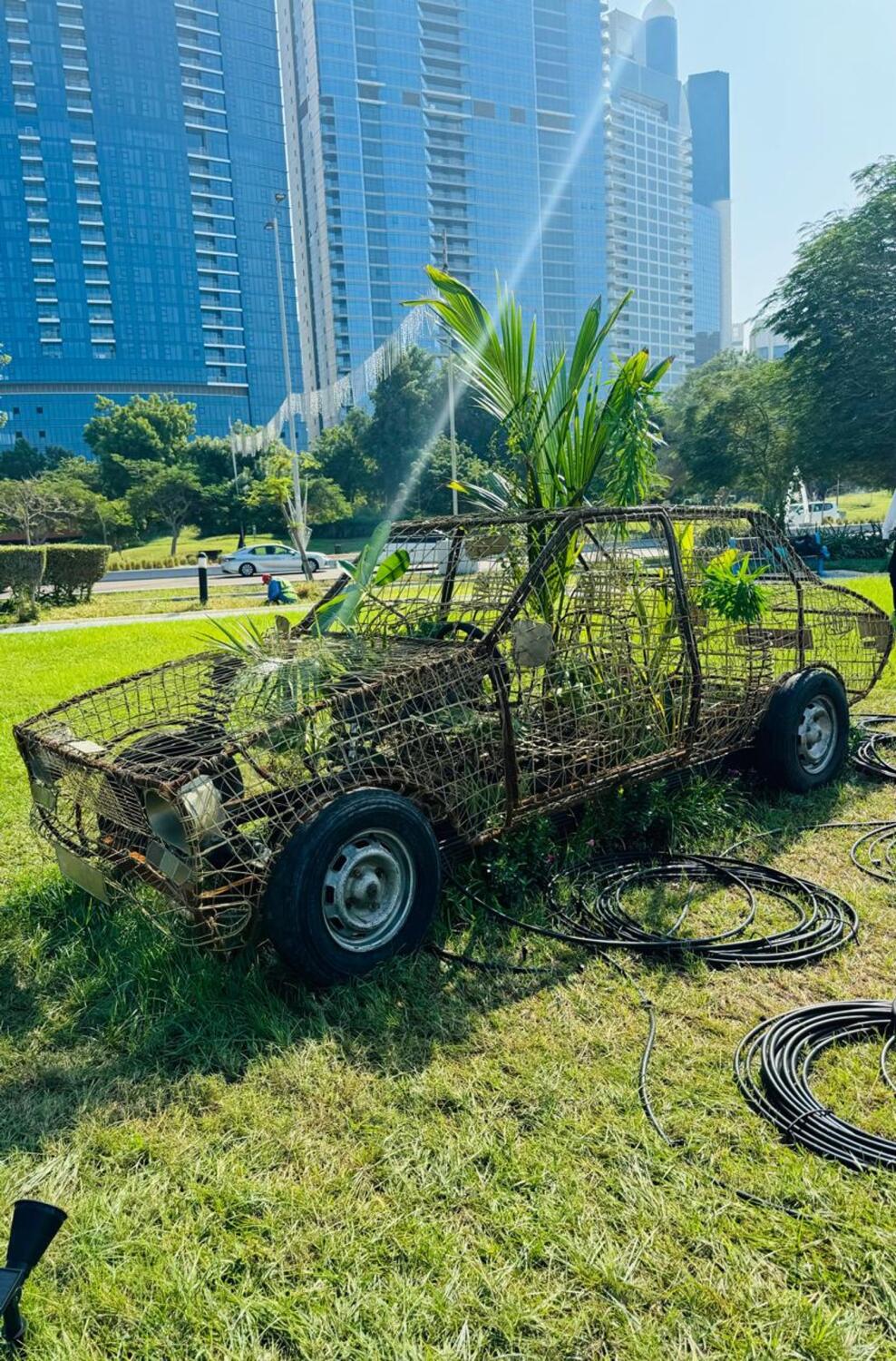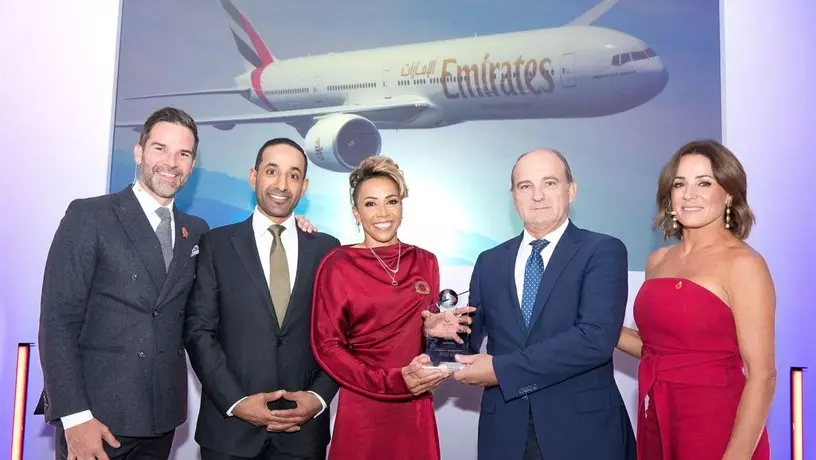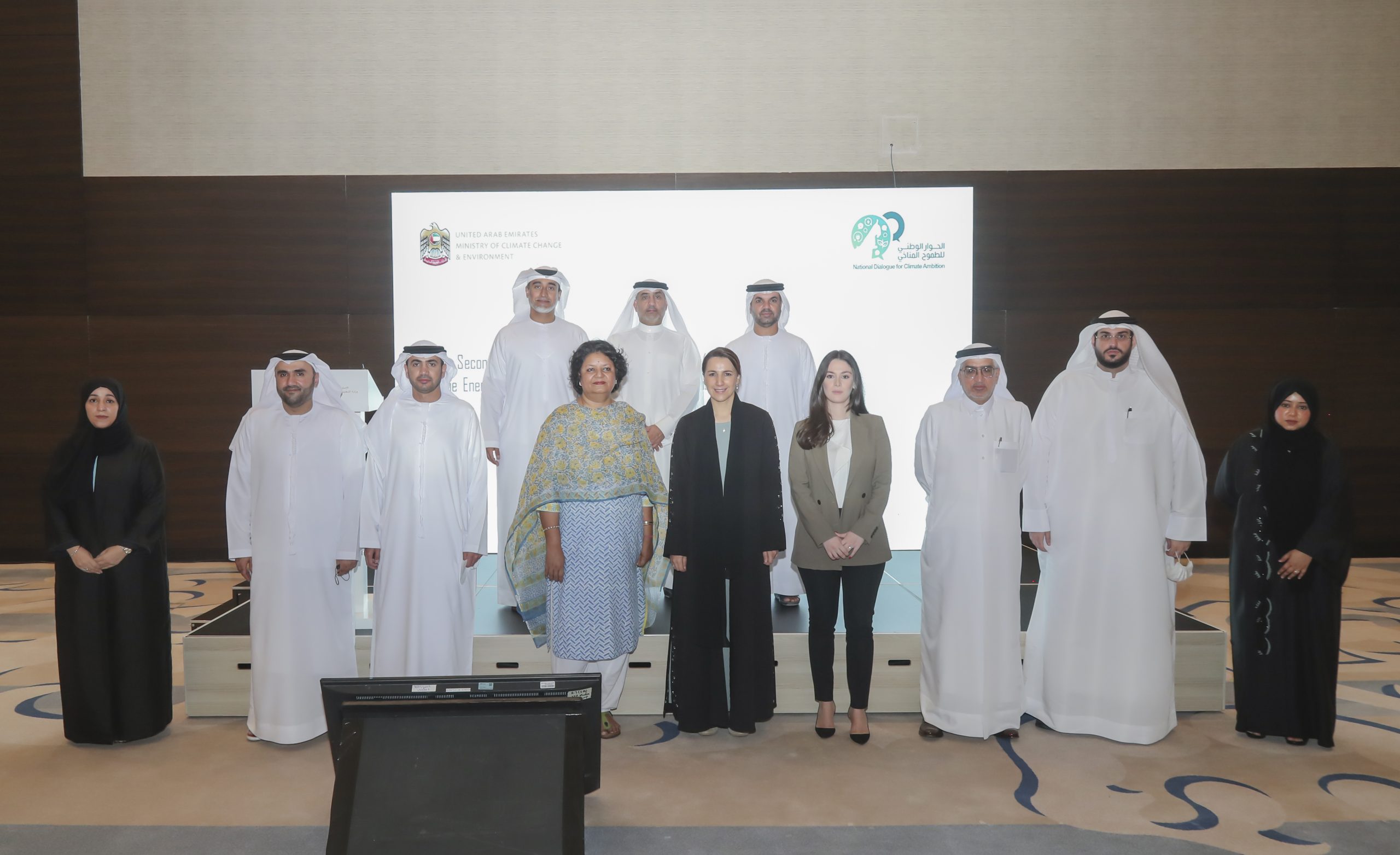
National Dialogue on Climate Ambition takes place in Dubai
The Ministry of Climate Change and Environment (MoCCAE) held its second National Dialogue on Climate Ambition (NDCA) on the energy sector.
The NDCA, taking place from May to September 2022, serves as a national platform to raise climate ambition and stimulate decarbonisation efforts in hard-to-reach sectors, including manufacturing, cement, waste, transport and energy. It aims to create a national sustainable development perspective and inform the UAE’s Clean Zero by 2050 strategic initiative.
The session entitled “The Energy Sector: A Catalyst towards Carbon Neutrality” brought together 52 representatives from relevant public and private entities, including leading energy companies in the UAE.
Participants discussed the global energy outlook, looked at the state of the local industry landscape and explored new solutions that can help build a net-zero energy system, such as clean hydrogen.
Speaking to the assembled energy industry, Mariam bint Mohammed Almheiri, Minister for Climate Change and Environment, said: “We are currently in the middle of a clean energy transition that supports the global push for decarbonisation. We are taking effective measures to diversify our energy mix and reduce emissions in this sector.”
“In the UAE, we see significant opportunities to generate the clean energy that the world needs, while revitalising the national economy, reducing our carbon footprint and creating jobs for the future. Through our efforts at home and abroad, we are contributing to a new energy economy that is more electrified, efficient, equitable, inclusive, interconnected and clean.”
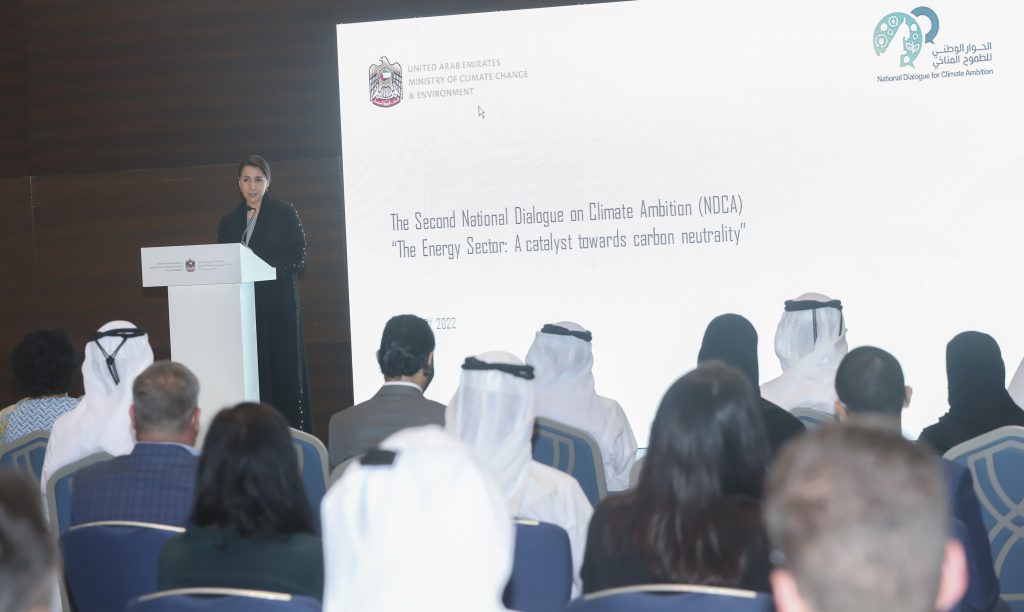
The UAE’s energy outlook is guided by the National Energy Strategy adopted in 2017. The strategy aims for the energy mix to consist of 50 per cent clean energy – 44 per cent renewable and six per cent nuclear – and 50 per cent fossil fuel-generated energy by 2050. The 50:50 scenario is projected to reduce CO2 emissions from the energy sector by 70 per cent from business as usual by 2050.
Guided by the Strategy, the UAE has increased its share of clean energy. Today, it is home to three of the world’s largest and cheapest solar power plants. The UAE was also the first country in the region to build an industrial carbon capture, recycling and storage (CCUS) facility and to deploy nuclear power for peaceful purposes with the launch of the 5,600 MW Barakah nuclear power plant.
The country is also exploring the potential of clean hydrogen as a sustainable energy source and has launched the region’s first commercial-scale green hydrogen project. The country’s clean energy capacity will reach 14 GW by 2030.
Source: WAM
Follow our Telegram Chanel


